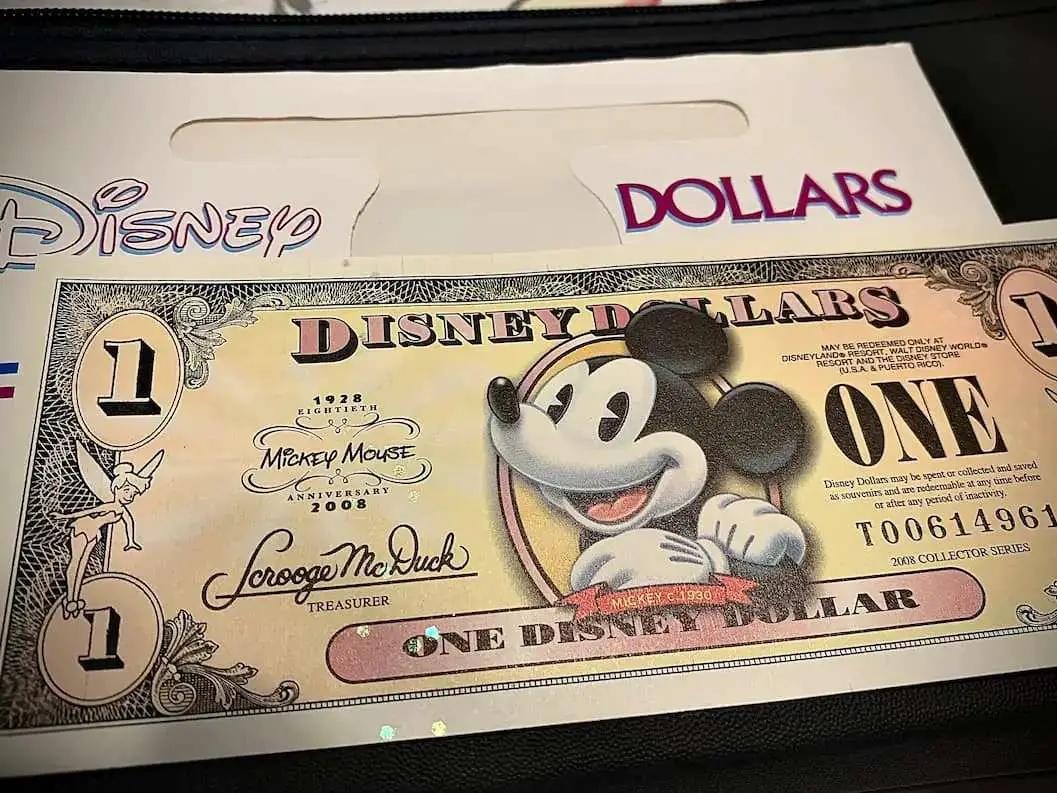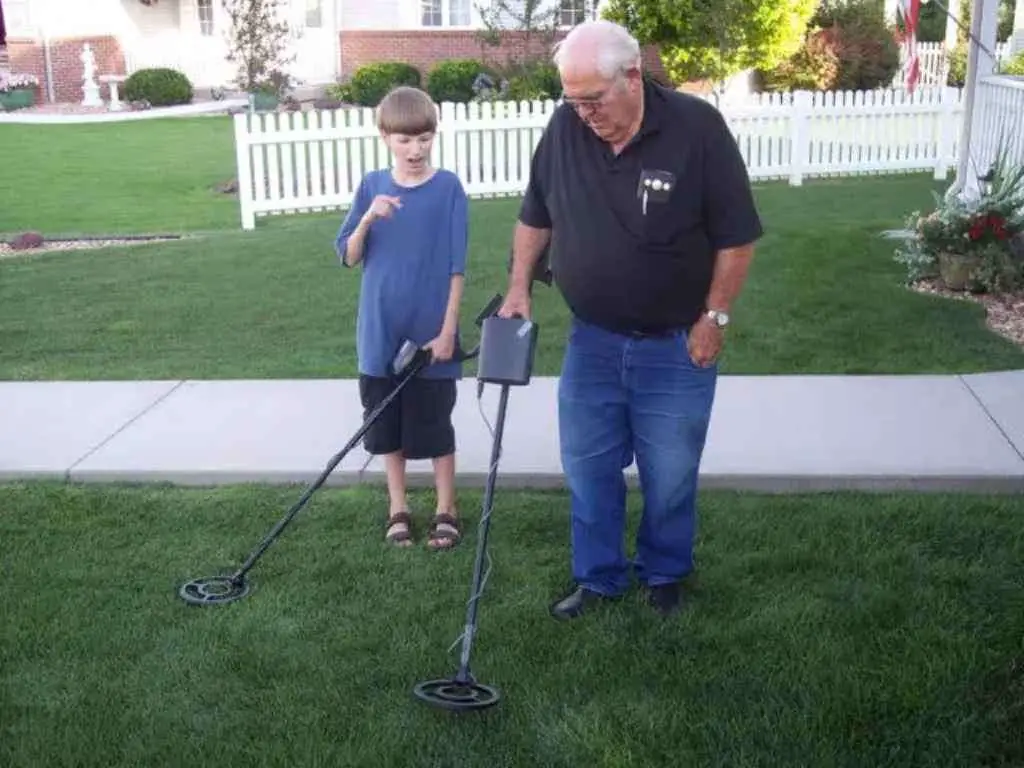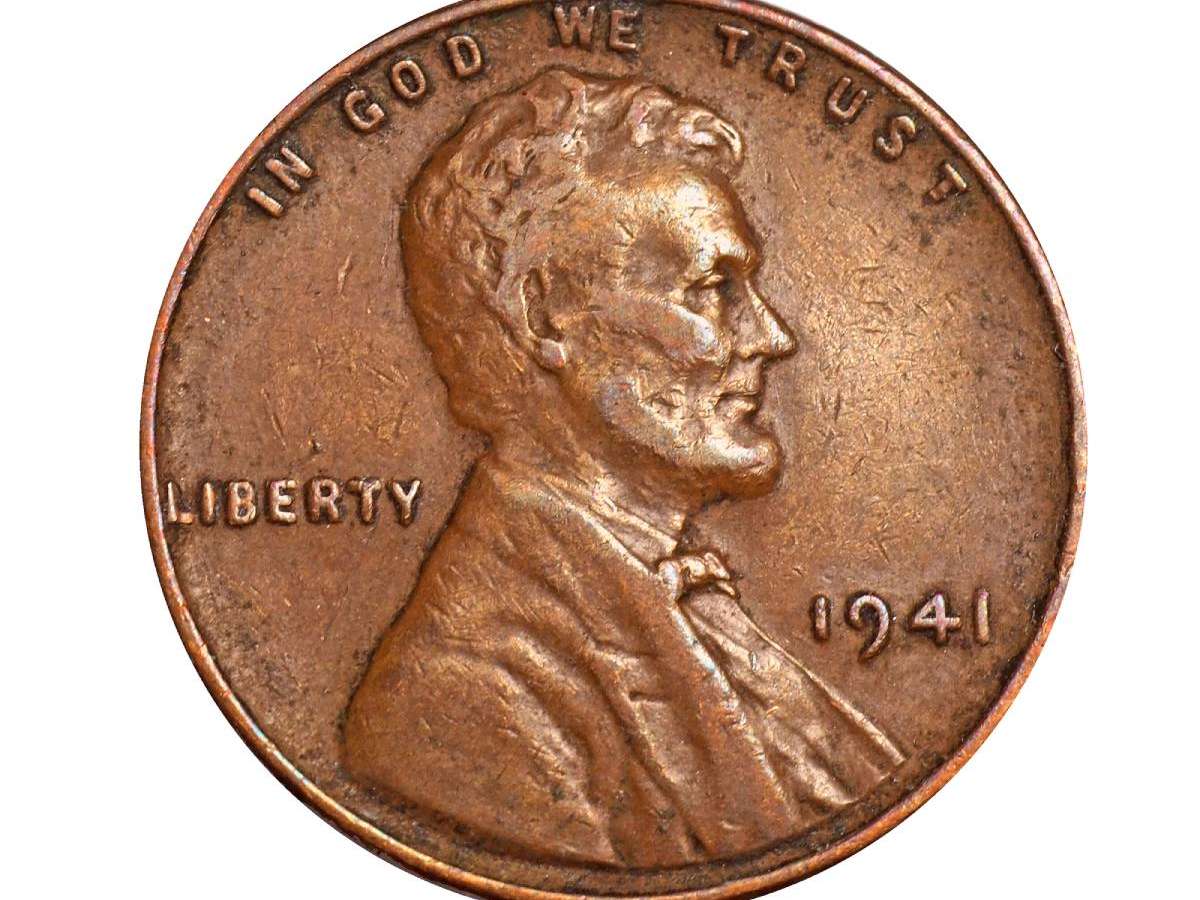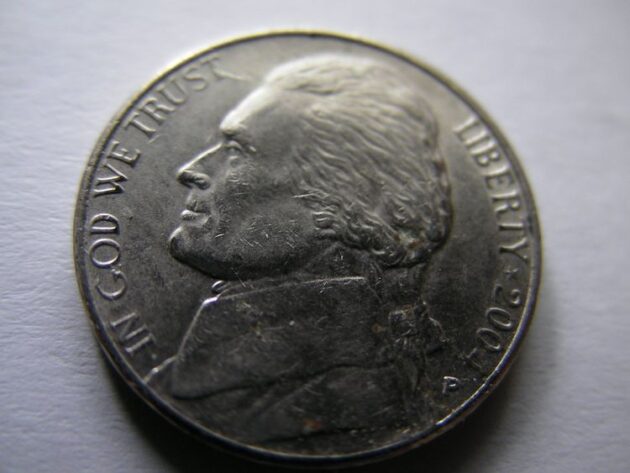
Did you know that nickels are worth more than their face value right now?
With nickel metal prices going up and up and up, even brand new nickel coins are worth more than their face value!
Still, old nickels are definitely worth holding onto, given their collectible value — and, in some cases, rarity. (More on that in a minute.)
Silver & Copper Composition In U.S. Coins
U.S. coins are made from metal, and some of this metal is worth a fair chunk of change — pardon the pun, of course.
Conventional wisdom guides many coin collectors and bullion stackers into looking for and saving only silver coins:
- 35% silver wartime nickels
- 40% silver Kennedy half dollars
- 90% silver dimes and quarters that were made prior to 1965
- 90% silver half dollars and silver dollars
…But those silver half dollars and silver dollar coins are pretty tough to locate anywhere outside the shop of a coin dealer these days.
In more recent years, there has been building excitement around saving old copper pennies made before 1982 — the year the one-cent coin transitioned to a cheaper copper-coated zinc composition still in use today.
Virtually all Lincoln pennies made before 1982 are worth 2 to 3 cents just for their copper value — let alone their collectible merits.
Why Are U.S. Nickels Worth Money Today?
So, the news about nickels being worth more than face value…
It goes back to the issue of rising metals prices.
In recent years, the price of both copper and nickel have steadily increased.
The reason copper factors into the value of a nickel is because a standard Jefferson five-cent coin isn’t made from just nickel. In fact, the composition of a regular Jefferson nickel is just 25% nickel. The other 75% is copper!
How Much Are Nickels Worth, Exactly?
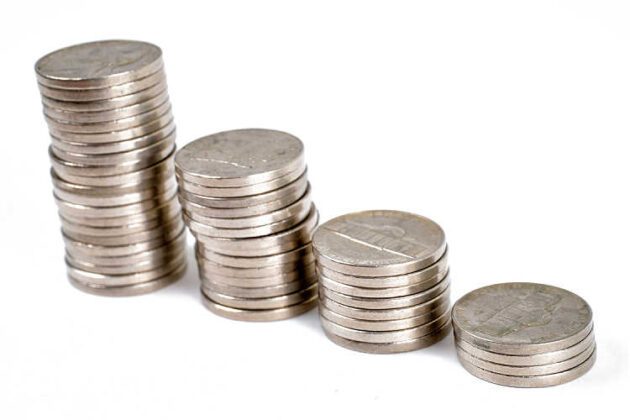
Copper prices have been up, and so, too, are nickel values.
In fact, at one point, the value of nickel went to $100,000 per metric ton. At that price, a typical nickel is worth 16 cents in melt value. Yes, you read that correctly — more than 3 times its face value!
Now, bear in mind the fact that nickel values are constantly fluctuating — as are precious metals prices across the board. So, a standard U.S. nickel may be worth more or less than that by the time you read this article.
What is the nickel melt value right now?
To find out, simply use this base metal coin value calculator. It will tell you the current price of nickel today.
A List Of Nickels Worth Money
Let’s say you’re looking for really old nickels to collect. Not the kind that show up at random in your pocket change each day. But the truly collectible nickels worth more than just their melt value.
There are many rare and valuable nickels worth looking for, including:
Some of these are worth hundreds and even thousands of dollars!
This list of Jefferson nickel values will help you determine how much your old nickels are worth.
How Much Does It Cost To Make A U.S. Nickel?
All this talk about nickel values and bullion metal prices might have you wondering what it costs to make a Jefferson nickel from scratch.
The surprising answer: Much more than 5 cents!
For example, in 2021, it cost the United States Mint 8.52 cents to make each nickel. Incidentally, it cost the U.S. Mint 2.1 cents to strike each penny in 2021.
Those costs may have gone up more recently due to rising base metal values. However, the cost to make a penny or a nickel is generally offset by the profit the U.S. Mint makes in striking dimes, quarters, and other coins.
All told, the U.S. Mint produces an average of 12 to 15 billion coins each year — and the more they make, the lower the production costs per coin tend to be.
Can You Melt U.S. Nickels For Their Metal Value?
NO! Let’s repeat this again: NOOOOOOOO!
And the ol’ “but they’re my coins and I can do what I want with them” rebuttal isn’t going to cut it — not with the feds, anyway.
There are very strict and tough laws about what you can and can’t legally do with your coins, and melting pennies and nickels are a big no no.
Now, there is one major exception to this rule. The silver war nickels of 1942 through 1945 are exempt from this melt ban. Why? Because those nickels are made from a 35% silver composition and are not a significant part of pocket change and circulation anymore.
So, why can’t you melt nickels?
If it was legal in the United States, everybody would be doing it to double or triple their money in melt value, and there would be a huge coin shortage. Why would the U.S. government spend millions — even billions of dollars — making a bunch of coins if Americans are simply going to melt them down?
Ah, yes… You probably saw the line above “if it was legal in the United States” and got excited about sending rolls and bags of nickels out of the country for melting there — or maybe selling your nickel coins as scrap metal. Still no.
The law also states you can’t take or ship large quantities of nickels (or pennies) out of the country. Travelers may take $5 in face value of pennies or nickels out of the United States, and individuals may ship up to $100 in face value out of the country. But when you do the math, you’re not going to make much money doing that.
So, how could a nickel be worth more than face value and people actually pay more than 5 cents for a coin they can’t melt?
Oftentimes, these bullion trades are based on speculative value, or the amount that might be made if it ever becomes legal to melt nickels. It’s also an amount that the buyer could make by selling them to someone else on that same basis.
What Happens If You Melt Nickels?
You go to jail and pay huge fines.
The law states that those who violate laws against melting pennies or nickels can face a fine of $10,000, imprisonment for 5 years, or both.
It surely isn’t worth it just to make a few bucks, is it?
Oh, and be careful about melting your pennies or nickels at home. Fumes and smoke emanating from your house might tip off someone you least suspect and give them reason to report you to the authorities.
The bottom line? Stick to collecting U.S. nickels, not melting them!
I’m the Coin Editor here at TheFunTimesGuide. My love for coins began when I was 11 years old. I primarily collect and study U.S. coins produced during the 20th century.
I’m a member of the American Numismatic Association (ANA) and the Numismatic Literary Guild (NLG) and have won multiple awards from the NLG for my work as a coin journalist. I’m also the editor at the Florida United Numismatists Club (FUN Topics magazine), and author of Images of America: The United States Mint in Philadelphia (a book that explores the colorful history of the Philadelphia Mint). I’ve contributed hundreds of articles for various coin publications including COINage, The Numismatist, Numismatic News, Coin Dealer Newsletter, Coin Values, and CoinWeek.
I’ve authored nearly 1,000 articles here at The Fun Times Guide to Coins (many of them with over 50K shares), and I welcome your coin questions in the comments below!


